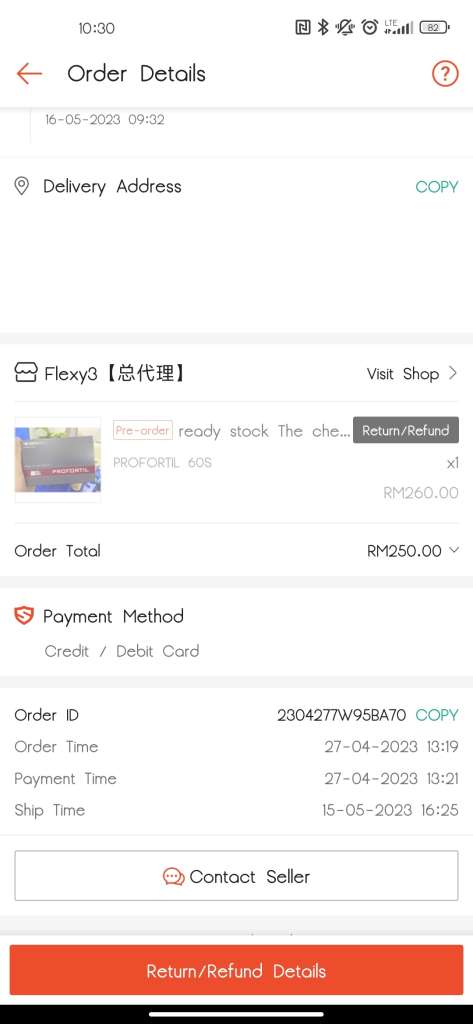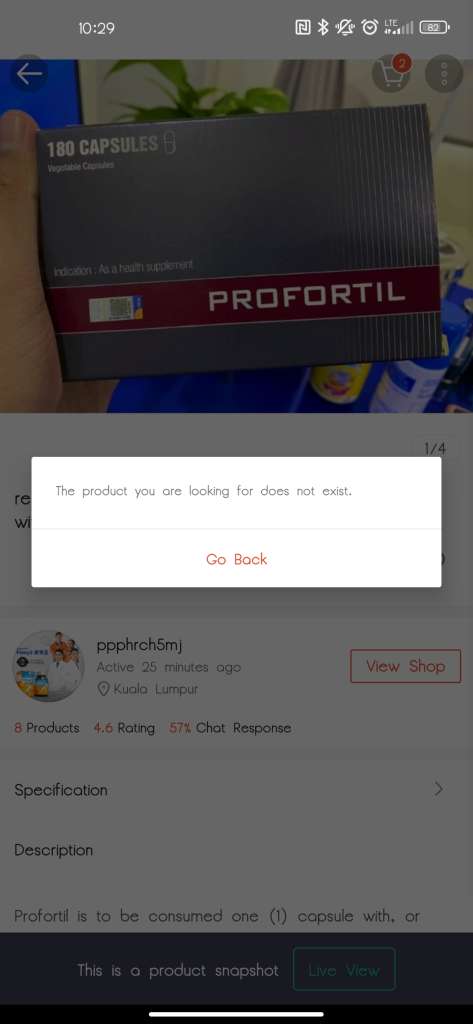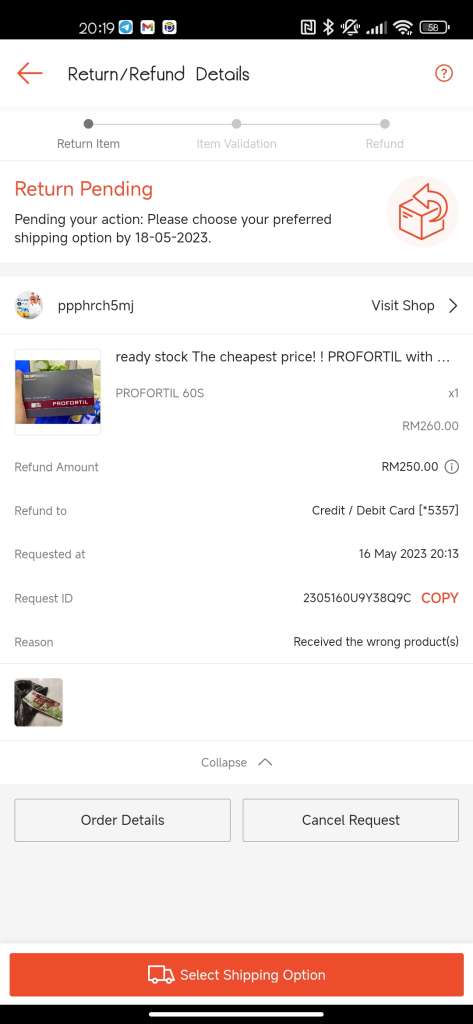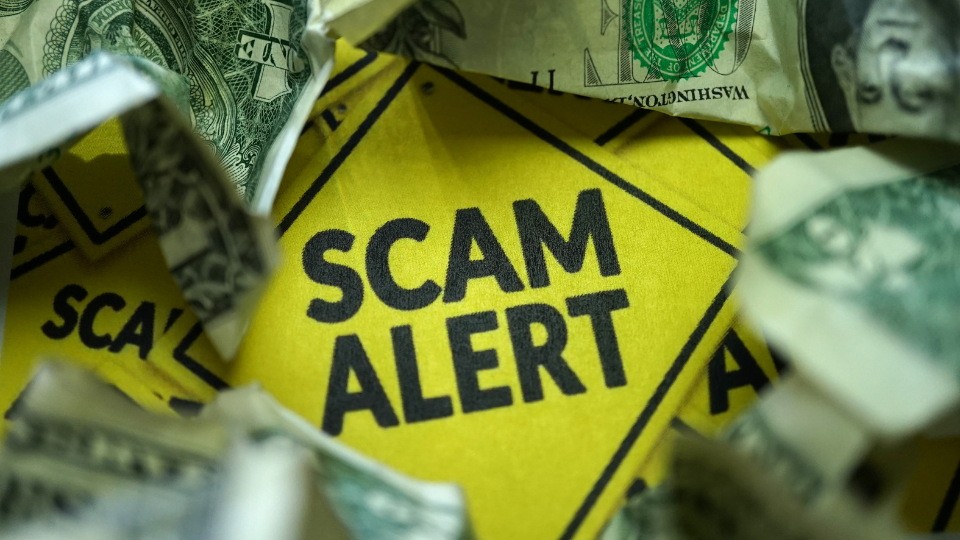Couple Falls Victim to Fertility Supplement Scam: Here’s How You Can Avoid the Same Fate
scam scam scam scam scam scam scam scam scam scam scam
There is no joy that comes close to holding one’s own baby in their arms. In the movies, the mother smiles from ear to ear despite the debilitating pain of childbirth to showcase how happiness and reward colour the memory of the preceding pain. To experience the joy of parenthood, many couples are willing to go to any length to have a baby and continue the family line.
Much was the same for Nick* and Samantha*, a Malaysian couple who have been married for five years now. Both confirmed that they began dating because they share similar values, one of which is wanting to raise a child. The years pass on, yet the couple couldn’t conceive.
After exhausting themselves with every method out there, the couple’s doctor told them about a fertility supplement called PROfortil, a clinically-tested and patented formula developed specifically to significantly improve sperm quality and to treat male sterility.
“The website really sold it to us — it was said that no other formula has beaten its pregnancy rate of 26-41% before,” Nick shared.
*not their real names

A Mistake Made, A Lesson Learned
Having been loyal to the e-commerce platform Shopee, Samantha and Nick were none the wiser. “You can buy PROfortil directly from the website but we always tried to find a cheaper alternative on Shopee as it usually comes from wholesalers, making it much more affordable than the original,” said Samantha. “We jumped at the chance.”
The product listed had mostly good reviews so the rest of the details didn’t seem to matter. Ignoring the one and two star reviews came back to haunt them. The couple, however, found out too little too late. The order arrived, but it was a fake. Samantha opened the box only to find unrelated products packed neatly in place of PROfortil.
Worried, Samantha ran to get her phone and investigate the seller.
“The seller’s name alone already raised some red flags. I was quite disappointed in myself for not checking first,” she said. “It’s normal for products to be sold at cheaper rates, which I think blinded us from asking further details about the item.”
The couple tried to reach out to the seller on the platform for a refund, but to no avail. After some time, they turned to Shopee’s customer service for help only to find that the seller is nowhere to be found on the platform. The couple’s dreams of having a baby were dashed.
What You Need to Do to Avoid Getting Scammed
Here are some ways to prevent this from happening to you:
- Check the authenticity of the seller
There are plenty of things that can raise red flags. Any seller with a name that doesn’t sound remotely real or is not an actual shop requires further investigation. If it’s a shop, it should have an online presence, even if it’s new. Most online shops are on Instagram, so don’t be afraid to jump to other social media platforms just for peace of mind.
- Ratings reveal more than meets than eye
Ratings can make or break a purchase. If a seller is new, they usually might not have ratings but as mentioned above, there are other ways to determine their authenticity. People tend to ignore the fact that ratings can be faked, so make sure to scroll down to the one and two star reviews — those are more likely to be real as they come from frustrated buyers. The reviews should mention the product and go into detail about it, not just commenting on how good the delivery and packaging was.
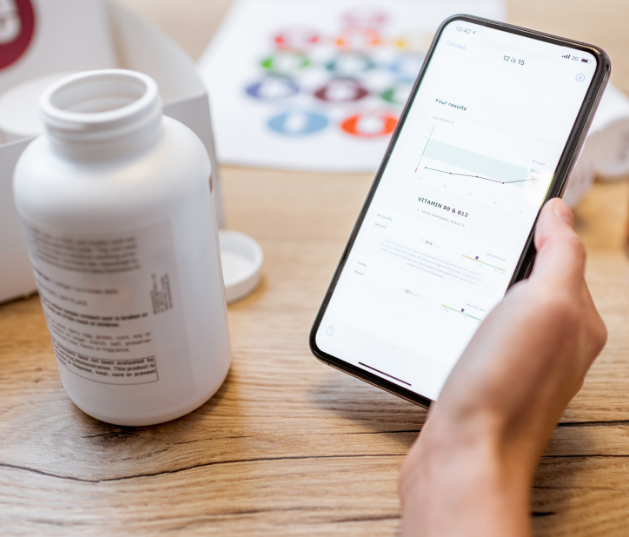
- If all else fails, contact the seller
Going directly to the source shouldn’t be an issue. If the seller is true, they would be more than happy to entertain their customers. A good response rate and even the way they address your questions can show more than you need to know. Curt answers, unenthusiastic messages, and late replies are some of the red flags that you need to look out for. - Grill the seller on the product
If an item sounds too good to be true, it probably is. A good rule of thumb is to message the seller and ask them specific details about the product. They might not be the creators of the product or affiliated with it, but every seller should be knowledgeable on the product they are selling or the service they are offering. If they don’t know what’s the product registration number (MAL), batch number, or can’t provide photos of the actual product and the hologram sticker on the box (to identify whether the PROfortil is authentic or not), you should steer clear of the ‘Add to Cart’ button.
Disclaimer: The screenshots come from an in-house investigation carried out by a team member from MEDS2U after allegations of a fake PROfortil was being sold on Shopee.
PHOTOS FROM ACTUAL EVENT
